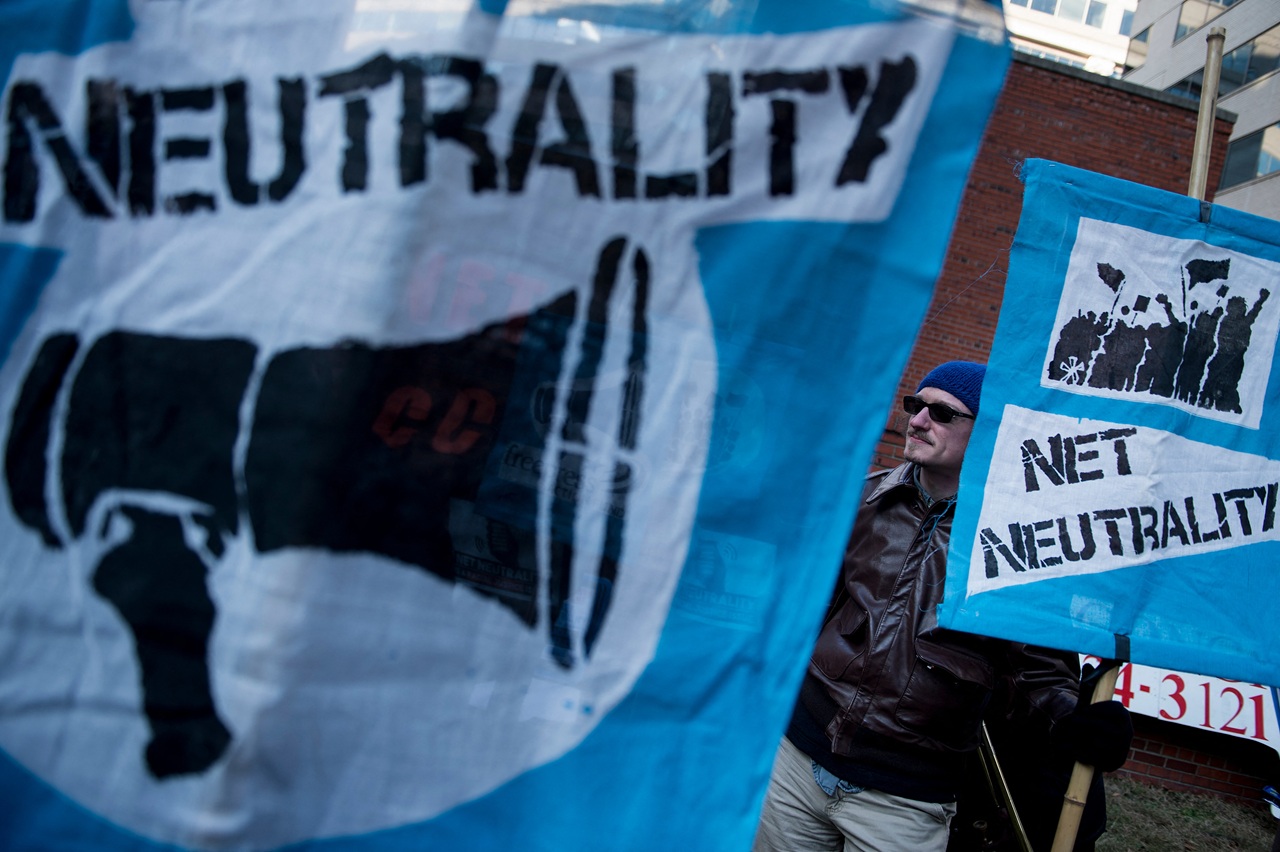
Catalan deposed president is in Belgium after he is charged for rebellion
Spanish authorities announced that they would seek to prosecute Catalan president Carles Puigdemont and other separatist leaders for rebellion and sedition,…
In Catalonia nobody knows very well what is going on, but the truth is that neither the chaos nor the uncertainty have taken over this rich autonomous region of the northeast of Spain, whose capital is Barcelona.
Last Friday, thousands of Catalans took to the streets to celebrate the declaration of independence of Catalonia approved by secret ballot in the regional Parliament. Less than two hours later, the Spanish Constitutional Court decreed the legal invalidity of this declaration of independence and the central government, led by Prime Minister Mariano Rajoy, ordered the suspension of the Catalan government and parliament, and called for regional elections on December 21. Officially, then, the Catalan president Carles Puigdemont and the rest of the positions of his government, including the president of the Parliament, were dismissed from their posts.
If it had been a full-fledged declaration of independence, it would have been normal for the president of the recently declared Catalan Republic to appear on Friday night at the presidential balcony of the Generalitat and address the independentists, who were celebrating in front of the seat of government Instead, Puigdemont went to sleep in his city, Girona, about 100 miles north of Barcelona. But President Puigdemont didn't show up publicly on Friday night. He kept silence until the following day, Saturday, at two-thirty in the afternoon. He addressed the Catalan people in a public television broadcast shooted hours before from the headquarters of the Catalan government in Girona. In the recorded speech, the deposed president asked the Catalans to maintain a "democratic opposition" to what was coming It was not very clear in his words, but it was evident that they were not those of a president celebrating a newly declared republic that the international community is not willing to recognize.
On Saturday, then, Puigdemont limited his "official" activity to walk around the streets of Girona, followed by a retinue of fans and onlookers who wanted to take pictures with him and vowed "president, president." Puigdemont feels comfortable in Girona, the city where he was mayor and where he is considered a hero by many independentists who on Saturday still believed they had achieved independence.
In Catalonia there are about 2 million separatists, according to the "illegal" referendum on October 1. Some on Saturday were very aware that independence is a very complex long term goal, but others were still clinging to the "illusion" that a republic had really been proclaimed. His "fantasy world" gradually fell apart, especially when he saw that on Monday the members of the Catalan government decided to comply with the Madrid court orders and not go to work. The president of the Catalan Parliament also announced that the parliamentary sessions scheduled for this week were suspended, since the chamber of legislators was suspended.
CONTENIDO RELACIONADO
"Where is President Puigdemont?" The Catalan citizen asked himself on Monday, when he saw that the president did not give any public appearance. The State Prosecutor's Office has filed complaints against the government and the Bureau of Parliament for rebellion, sedition, embezzlement and other crimes, which could lead to up to 30 years in prison.
It was not until two o'clock in the afternoon that the media revealed his whereabouts: Carles Puigdemont, the dismissed president, is in Belgium along with other members of the government that was stopped by the government of Mariano Rajoy after the application of Article 155 of the Constitution.
Last Sunday, the Belgian Migration and Asylum Secretary launched an offer of political asylum to the expresident, which caused a serious crisis in the Belgian government. The prime minister, Charles Michel, was forced to disavow the high official.
Faced with the movements of Puigdemont, the Spanish government has decided not to comment. According to Madrid, everything the dismissed president says now passes to the court. Puigdemont's hope in Brussels seems to be one: to get dialogue. Because looking for "asylum" while your own party, PDCAT, announces that it will run for autonomic elections on 21 Dec sounds really bizarre.











DEJE UN COMENTARIO:
¡Únete a la discusión! Deja un comentario.